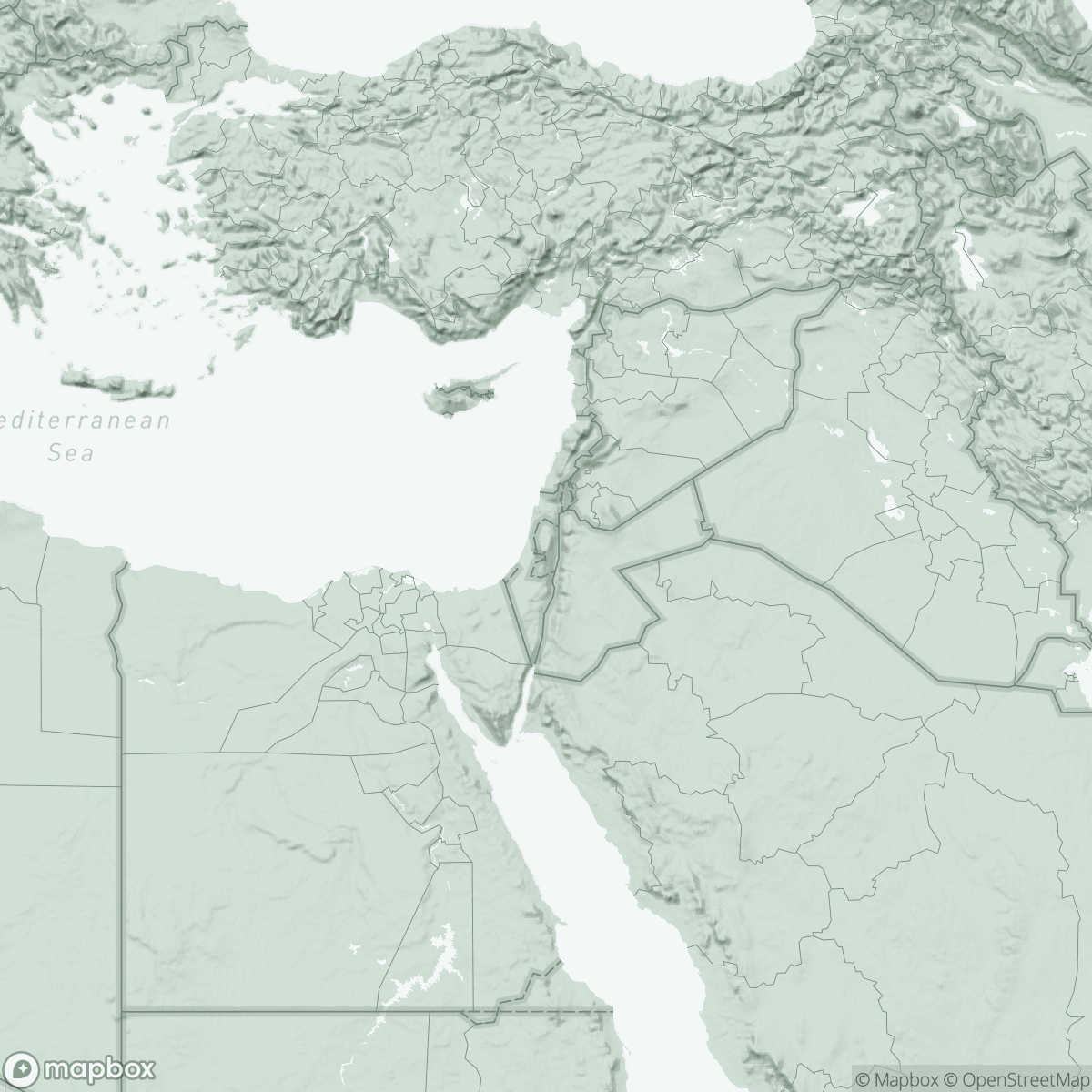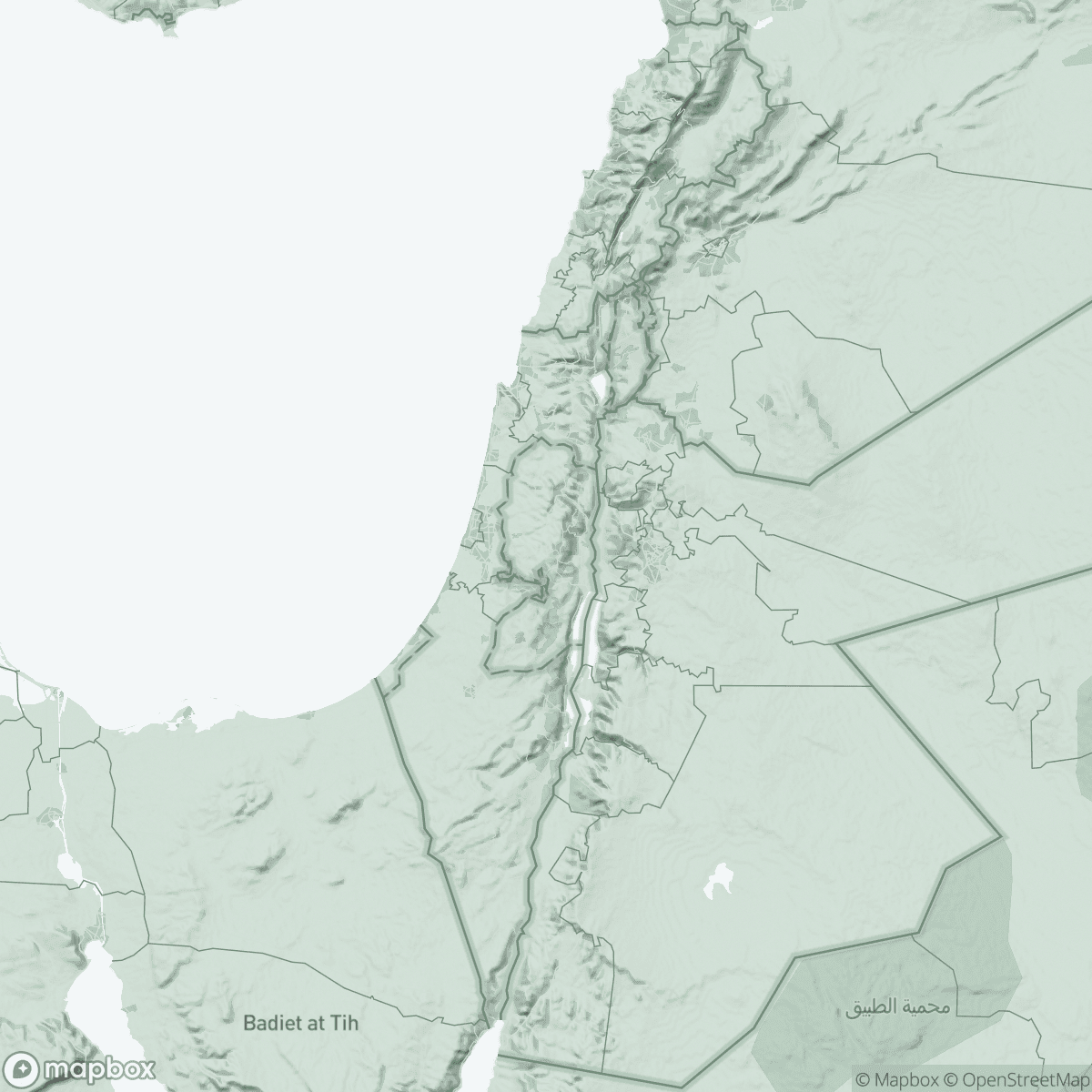MSF calls for an urgent increase in medical evacuations from Gaza
In 1 click, help us spread this information :
More than 16,500 patients need to be transferred to receive treatment that is impossible to provide in a collapsed health system.
Seven months ago, Hadeel Zourub lost her six-year-old son while he was waiting to be evacuated from Gaza for treatment. Now her daughter, Lana, is on the waiting list. She suffers from the same rare kidney disease as her brother.
My son died while waiting for medical evacuation. I lost him in the blink of an eye because there were no medicines. His immune system became very weak. He was admitted to the hospital after catching the flu,” recalls Hadeel.
“A year and a half ago, my daughter was referred for medical evacuation. When the war ended, I thought our life would improve, that the border crossings would open, and that I would be able to evacuate my daughter. I thought there would be medicines available for my children. But this is not the case,” she laments.
The case of the Zourub family illustrates the dramatic situation faced by thousands of patients (and their relatives) who need to be medically evacuated from the Gaza Strip. Israel’s genocidal campaign has destroyed healthcare facilities and eliminated treatment options within the Strip. Systematic attacks on medical facilities, the killing of health workers, and deliberate restrictions on medical supplies have caused the collapse of the health system. As a result, critically ill patients are forced to request medical evacuation in order to receive appropriate treatment. However, Israeli authorities limit the number of patients allowed to be evacuated.
Currently, more than 16,500 people are registered to be medically evacuated from Gaza, according to the World Health Organization (WHO)[data from the 12th of November]. Both the WHO and the UN Office for the Coordination of Humanitarian Affairs (OCHA) note that this figure reflects only the cases registered through official mechanisms; it is believed that many more patients need evacuation but are not registered due to limited access to healthcare facilities.
Médecins Sans Frontières (MSF) calls on governments around the world to drastically and urgently increase medical evacuations for the thousands of people who cannot receive the care they need in Gaza.
Waiting puts lives at risk
Before the war, many patients already had to be referred to East Jerusalem for diagnosis and treatment due to the lack of diagnostic testing capacity caused by Israel’s blockade of Gaza since 2007. Now, many diagnostic tests—including those for immune disorders—are unavailable, forcing patients to wait unnecessarily long periods before they can even be placed on the referral list for medical evacuation. Once registered, the waiting lists are so long that they pose a serious risk to life.
This is the reality faced by Majd, the son of Fatima Abu Hajjar. Majd suffered severe burns to 40% of his body caused by an unexploded Israeli ordnance. He is waiting to be evacuated and his condition is extremely delicate.
“A part of his first line of defense is missing, [he suffers] a major loss of fluids and proteins. He should eat protein daily, but there is none. There is no chicken, no eggs. The smallest microbe could endanger Majd’s life,” warns Fatima.
The wait is so long that, in some cases, it leads to death. According to WHO data [ from the 21st of November], at least 740 people, including 137 children, have died while waiting to be transferred out of the Strip for treatment. Often, authorities learn of these deaths only when they contact families to inform them of a possible evacuation.
Medical evacuations are hindered both by Israeli authorities and by the lack of political will from countries to accept patients. Bureaucracy and politics obstruct the evacuation system, as Israeli authorities control exit permits.
Given the gravity of the situation, MSF urges governments to:
- Drastically and urgently increase medical evacuations from Gaza. Governments must use their influence to ensure that Israel does not block medical evacuations and that patients and their caregivers can return to Gaza.
- Prioritize medical evacuations based on medical urgency and clinical need, allowing patients—especially children and vulnerable adults (more than 75% of patients needing evacuation are elderly)—to travel with their caregivers.
- Speed up visa procedures and administrative processes for patients and companions, reducing delays that endanger lives.
- Allow patients, especially children and vulnerable adults, to travel with their caregivers.
- Guarantee the right of patients to remain abroad if they wish, as well as their right to a safe, dignified, and voluntary return to Gaza.
- Ensure dignified living conditions for patients and their caregivers, including medical follow-up, rehabilitation services, and mental health support while they are abroad.




